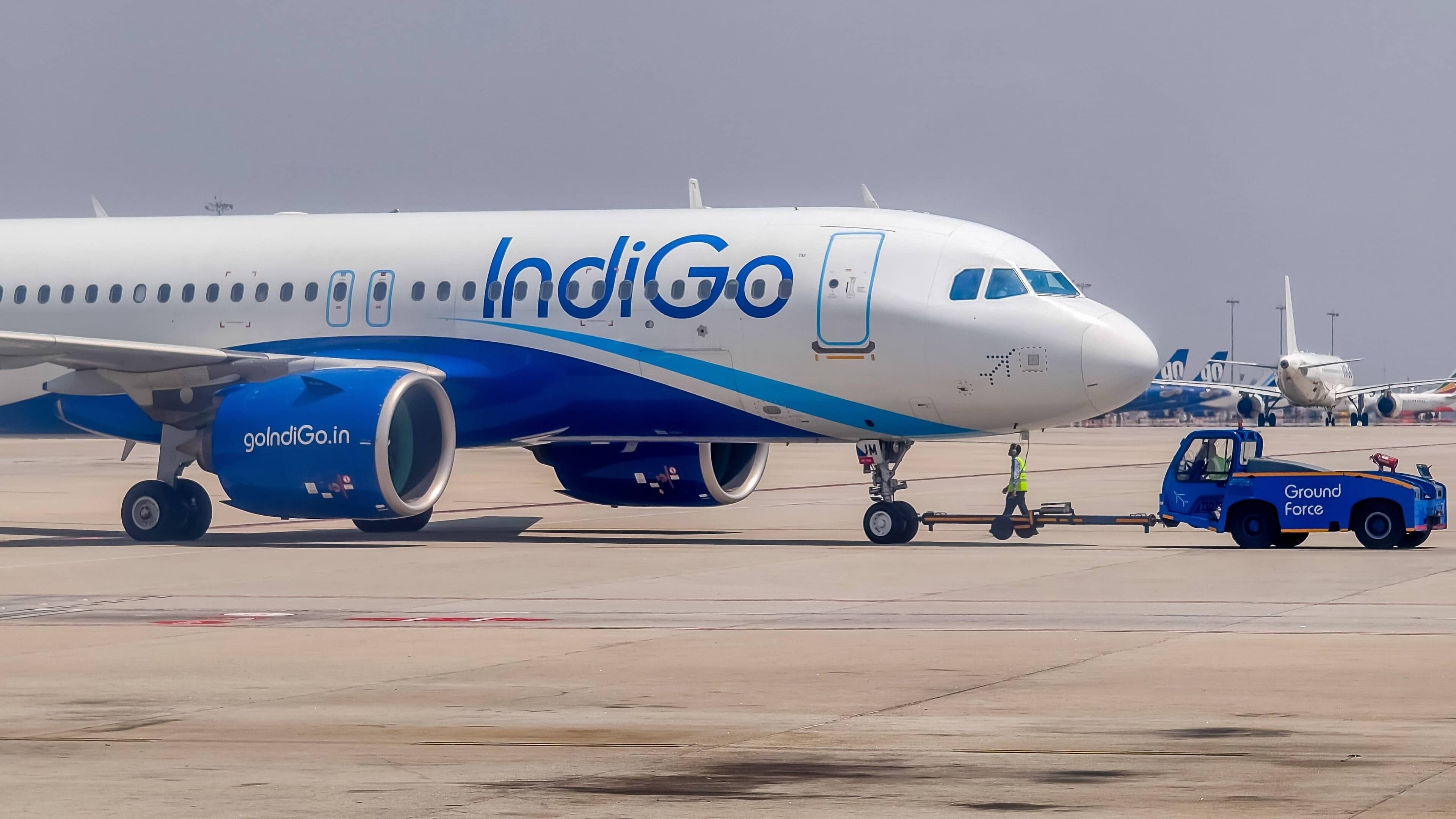
India's top airline posts ₹987 crore loss in Q2
What's the story
InterGlobe Aviation Limited, the parent company of IndiGo airline, has posted a net loss of ₹987 crore for the quarter ending September 30. This marks a sharp decline from the same period last year when it had posted a net profit of ₹189 crore. This is the first quarterly loss in two years for India's largest airline by fleet and domestic market share. The hefty loss comes despite IndiGo's revenue increasing by 13.6% to ₹16,969.6 crore during Q2.
Cost factors
Operating costs impact IndiGo's profitability
The airline's profitability was negatively impacted by a 41% increase in airport fees and charges, a 29.6% rise in supplementary rentals, and aircraft repair and maintenance fees. Aircraft fuel expenses also saw a significant increase of 12.8%. These rising operating costs have greatly impacted IndiGo's bottom line for the July-September quarter.
Additional challenges
Fuel prices and passenger yield contribute to IndiGo's loss
In July 2024, ATF prices were at ₹96,148.38 per kiloliter, nearly 6% higher than ₹90,779.88 per kiloliter in July 2023. Additionally, IndiGo's yield per passenger fell to ₹4.55 in the September quarter from ₹5.24 in the June quarter as the airline offered discounts during a seasonally weaker period. These factors further added to the airline's financial loss this quarter.
Market growth
IndiGo's market share and passenger numbers rise
Despite the financial loss, IndiGo witnessed a surge in domestic travel during the quarter. The airline flew 244.49 lakh passengers, commanding a market share of 62.5% during the period. This is an increase from last year's same period when it had flown 234.09 lakh passengers with a market share of 60.7%.
Revenue performance
IndiGo's revenue surpasses market expectations
IndiGo's Q2FY25 results exceeded market expectations in terms of revenues. However, analysts had expected a significantly lower loss for the quarter. "In a traditionally weaker second quarter, results were further impacted by headwinds related to groundings and fuel costs," said Pieter Elbers, the airline's Chief Executive Officer.